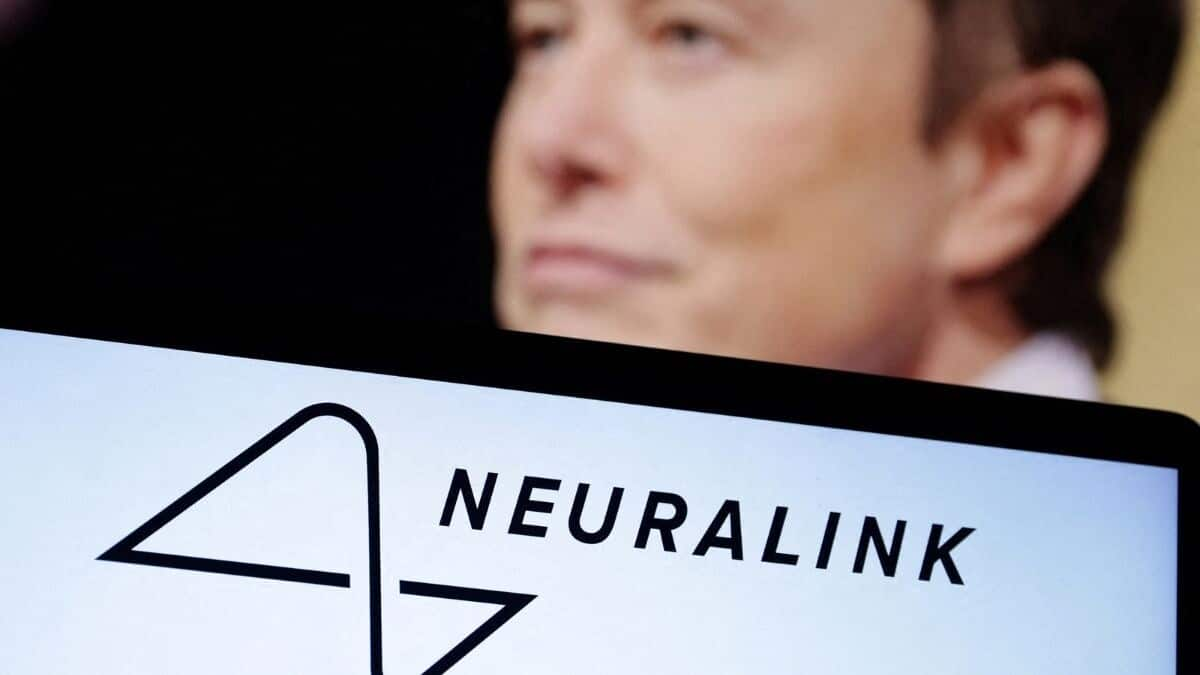
Neuralink's vision restoration implant gets FDA approval: How 'Blindsight' works
What's the story
Elon Musk's brain-chip start-up, Neuralink, has secured approval from the US Food and Drug Administration (FDA) for an experimental implant device known as 'Blindsight.' This groundbreaking technology aims to restore vision in individuals who have lost both eyes and their optic nerve, said Musk in a post on X. "Provided the visual cortex is intact, it will even enable those who have been blind from birth to see for the first time," he added.
Twitter Post
Take a look at Musk's post
The Blindsight device from Neuralink will enable even those who have lost both eyes and their optic nerve to see.
— Elon Musk (@elonmusk) September 17, 2024
Provided the visual cortex is intact, it will even enable those who have been blind from birth to see for the first time.
To set expectations correctly, the vision… https://t.co/MYLHNcPrw6 pic.twitter.com/RAenDpd3fx
Vision enhancement
Blindsight's potential to enhance vision beyond natural capabilities
Musk further explained that the initial vision provided by the Blindsight device would be of low resolution, similar to Atari graphics. However, he emphasized its potential to surpass natural vision in the future. "Eventually it has the potential to be better than natural vision and enable you to see in infrared, ultraviolet or even radar wavelengths," Musk stated. This suggests that the device could significantly enhance visual perception beyond human capabilities.
Regulatory recognition
FDA grants breakthrough device designation to Blindsight
Neuralink confirmed that the FDA has granted the Breakthrough Device Designation to Blindsight. This designation is reserved for medical devices that offer treatment or diagnosis for life-threatening conditions, and aims to expedite their development and review process. The approval comes as Neuralink plans to extend its brain chip implants to eight more patients this year, further expanding its innovative healthcare solutions.
Technological hurdles
Blindsight's technology and challenges in vision restoration
Blindsight is a refined version of an existing technology used to restore limited vision in certain blind individuals. It works by embedding a microelectrode array into the visual cortex that stimulates neurons based on patterns from a camera. However, challenges remain due to the low density of electrodes on the array, which can result in an unclear visual pattern. Despite these hurdles, Neuralink's breakthrough signifies a significant step forward in vision restoration technology.
Research progression
Neuralink's ongoing research and future trials
Neuralink has not yet initiated human trials for the Blindsight device and has not provided a timeline for these trials. The company is also conducting research on another device designed to help paralyzed individuals control digital devices using their thoughts. This study, which involves three patients over several years, has already seen success with one patient using the device to play video games and design 3D objects.